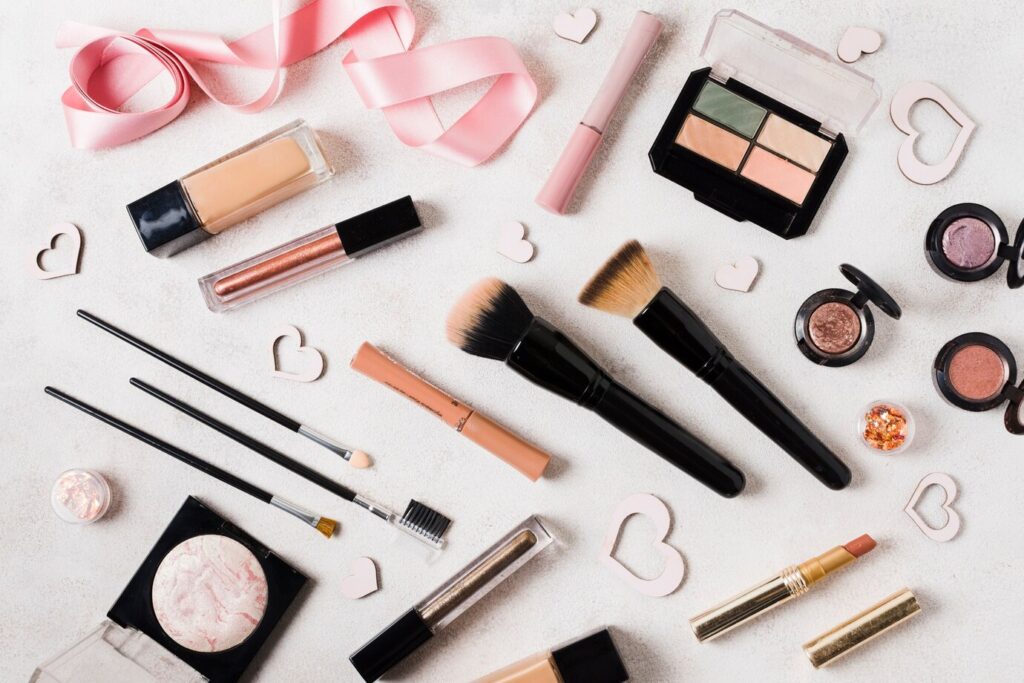Tips for Launching Your Cosmetics Business in Nigeria
Oluwatobi Adigun November 27, 2023 0
Tips for Launching Your Cosmetics Business in Nigeria
The cosmetics industry in Nigeria is experiencing unprecedented growth, driven by a booming population, increasing disposable income, and a growing beauty consciousness. Venturing into the cosmetics business in Nigeria can be a lucrative endeavor, but it requires careful planning, market understanding, and a commitment to quality. In this article, we will explore key tips to help you navigate the vibrant and dynamic cosmetics market in Nigeria.
1. Market Research and Understanding Trends
Before diving into the cosmetics business, conduct thorough market research to understand the preferences and needs of the Nigerian consumer. Identify current beauty trends, popular products, and pricing strategies. Consider factors such as cultural influences, climate, and specific beauty concerns that are prevalent in the Nigerian market. This knowledge will be crucial in tailoring your product offerings to meet local demands.
2. Compliance with Regulatory Requirements
Ensure that your cosmetics business complies with all regulatory requirements and standards set by the National Agency for Food and Drug Administration and Control (NAFDAC). NAFDAC regulates the importation, exportation, manufacture, advertisement, distribution, sale, and use of cosmetics to guarantee the safety and quality of products. Adhering to these regulations will not only protect consumers but also build trust in your brand.
3. Quality Assurance and Certification
Invest in high-quality ingredients and formulations for your cosmetics products. Obtain relevant certifications to demonstrate the safety and efficacy of your products. Consumers in Nigeria are becoming increasingly discerning, and a commitment to quality can set your brand apart in a competitive market.
4. Branding and Marketing
Create a strong brand identity that resonates with your target audience. Develop a compelling brand story that highlights the unique aspects of your cosmetics line. Leverage digital marketing channels such as social media platforms, influencers, and e-commerce to reach a wider audience. Engage in strategic partnerships with beauty influencers and bloggers to enhance your brand visibility.
5. Diverse Product Range
Offer a diverse range of products that cater to the diverse beauty needs of the Nigerian population. Consider including products tailored for different skin tones, hair types, and beauty preferences. This inclusivity will attract a broader customer base and position your brand as one that celebrates diversity.
6. Distribution Channels and Accessibility
Choose effective distribution channels to make your products easily accessible to consumers. Explore partnerships with established retail outlets, beauty salons, and online platforms. The convenience of purchasing your products should be a priority, whether customers prefer shopping in physical stores or online.
7. Customer Engagement and Feedback
Establish strong communication channels with your customers. Encourage feedback and reviews to understand their preferences and improve your products accordingly. Engage with your audience through social media, respond to queries promptly, and use customer feedback to enhance your brand’s reputation and customer satisfaction.
8. Adaptability and Innovation
The beauty industry is ever-evolving, with new trends and innovations emerging regularly. Stay abreast of industry developments, invest in research and development, and be willing to adapt your product offerings to meet changing consumer preferences.
Conclusion
Venturing into the cosmetics business in Nigeria requires a combination of market knowledge, regulatory compliance, quality assurance, effective marketing, and adaptability. By following these tips, aspiring entrepreneurs can position themselves for success in this dynamic and promising industry. Remember, the key to long-term success is not just about selling products but creating a brand that resonates with the beauty aspirations of the Nigerian consumer.









